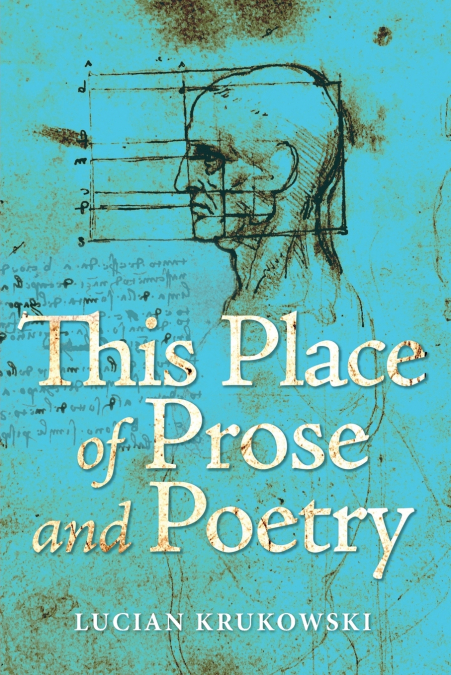
Lucian Krukowski
This book is a narrative, interspersing prose and poetry within a compatible place. The boundary between these forms is porous, for intersections between them are not considered as a negative. Rather, they are seen as a method--a way to exemplify the various contents by bringing them into a new and less rigid order--and then to watch them change again.The contents comprise a number of issues: Mind, brain, (soul), and their philosophical divergences--fact, fiction, and their pluralities of truth--rationalism, empiricism, and categorical confusion--an intersection of belief-systems generating a field of unlike places--pornography, eroticism, and their changing representations. There is a fantasy about the Devil’s need for art in Hell, and some extended frolics with characters out of older comic strips. These are followed by ruminations on dying, ending, and their separate embellishments. Poems weave through and color all. The broad theme of this book interprets culture as a history of transgressions between competing beliefs: Rigid borders inevitably lead to boredom, stasis, and oppression. Porous borders can lead to schism, communion, ecstasy, atrocity--as the passing case may be.